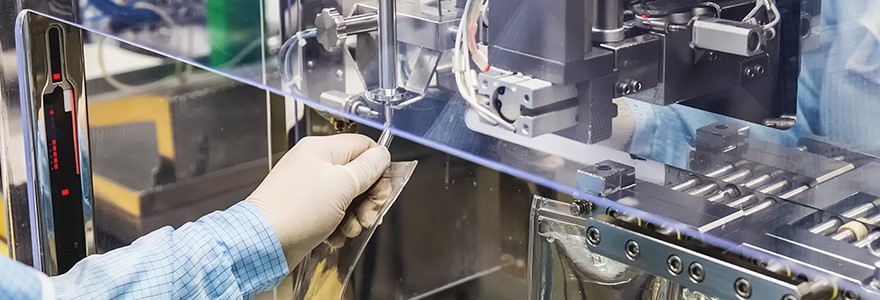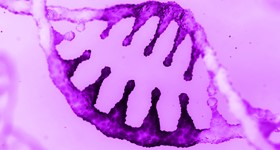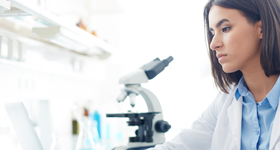The impact of digital and big data in healthcare

The digital revolution is bringing profound change to the healthcare industry. No sector will remain untouched by digital innovation and the impact of big data.
Models of treatment delivery are rapidly changing, and many of the decisions behind those changes are being driven by big data.
The aim is to understand as much as possible about a patient as early as possible. The earlier problems can be picked up, the greater the chance of successful treatment and the lower the cost of that treatment is likely to be.
Prevention is better than cure
Smart phones were just the start. With apps enabling them to be used as everything from pedometers (to measure how far you walk in a day), to calorie counters to help you plan your diet, millions of us are now using mobile technology to help us try and live healthier lifestyles.
More recently, a steady stream of dedicated wearable devices have emerged such as Fitbit, Jawbone and Samsung Gear Fit that allow you to track your progress and upload your data to be compiled alongside everyone else’s.
In the very near future, you could also be sharing this data with your doctor who will use it as part of his or her diagnostic toolbox when you visit them. Ever-growing databases of information about the state of the health of the general public will allow problems to be spotted before they become a serious problem.
This is leading to ground-breaking work, often by partnerships between medical and data professionals, with the potential to peer into the future and identify problems before they happen.
Sanofi and the life sciences team at Google have announced that they are collaborating to improve care and outcomes for people with type 1 and type 2 diabetes. Increasingly, the worlds of pharma, medical devices and tech are colliding and while the results of this big bang are not yet known, its positive impact has been felt across all sectors.
Joy Cressot, former Medical Affairs specialist, now Executive Search Consultant at recruitment specialist Real Life Sciences, has a bird’s eye view of how big data is changing the pharma landscape. She explains: "It’s no longer a case of simply selling a drug – today, it is about selling a complete package. It’s the effective drugs, plus bespoke patient follow-up to ensure that individual is receiving the optimum care and results from the drug.
"Apps are being introduced, and have become so sophisticated that they’re becoming medical devices. This is very new. By adding apps and software into the medical devices industry it means that professionals have the ability to tailor treatments to the individual. To keep this momentum going, the pharma and medical devices sectors are beginning to recruit more and more technical professionals - and seek out medical professionals with skills in digital, which as you can imagine is a niche skill set."
Could the next generation hold the key to unlocking the full potential of the big data / healthcare boom? Joy thinks so, "You would find this kind of double profile in the current new generation. The skills required are at opposite ends of the scale – on one hand very human, on the other very technical. At Real Life Sciences, we’re seeing more Head of Innovation, Head of Digital roles become available – created within companies that would never have had this before.
"While new jobs are being created however, right now it’s really about the current existing jobs having wider responsibilities."
While it is widely acknowledged that it is too early to predict how much of an impact big data and digital will have on the healthcare industry, it is clear there is a shift in approach from healing to prevention.
"Big data has a role in that;" explains Joy, "by using big data to adapt real current treatments, create new treatments or even enhance prevention. We are going from a healthcare sector that usually tries to heal to one that is preventing disease.
"At Real Life Sciences we tend to work with niche profiles, and in regions where there are tough regulations – such as France – it is a candidate driven market.
"Software becoming medical devices inevitably raise questions about what a healthcare product is, and what it is not. Regulatory changes may occur therefore in the medical devices industry – but not in pharma.
"Companies usually known for IT or tech are today investing in healthcare by creating devices for hospitals, or we see Google partnering with the pharma industry.
"It is an exciting time for the industry."
Find out more about opportunities in the healthcare industry and Upload your CV today.




